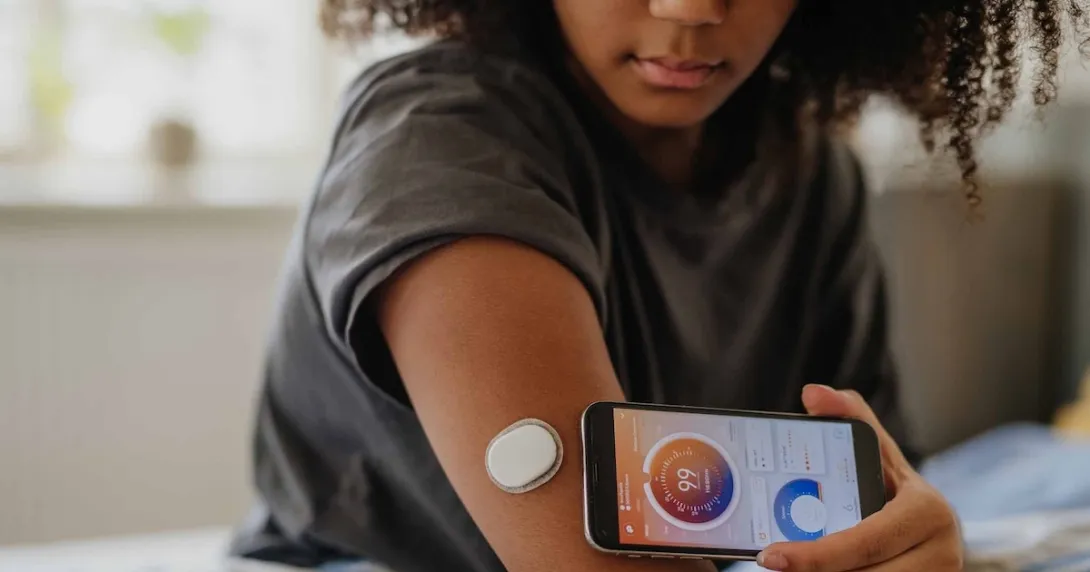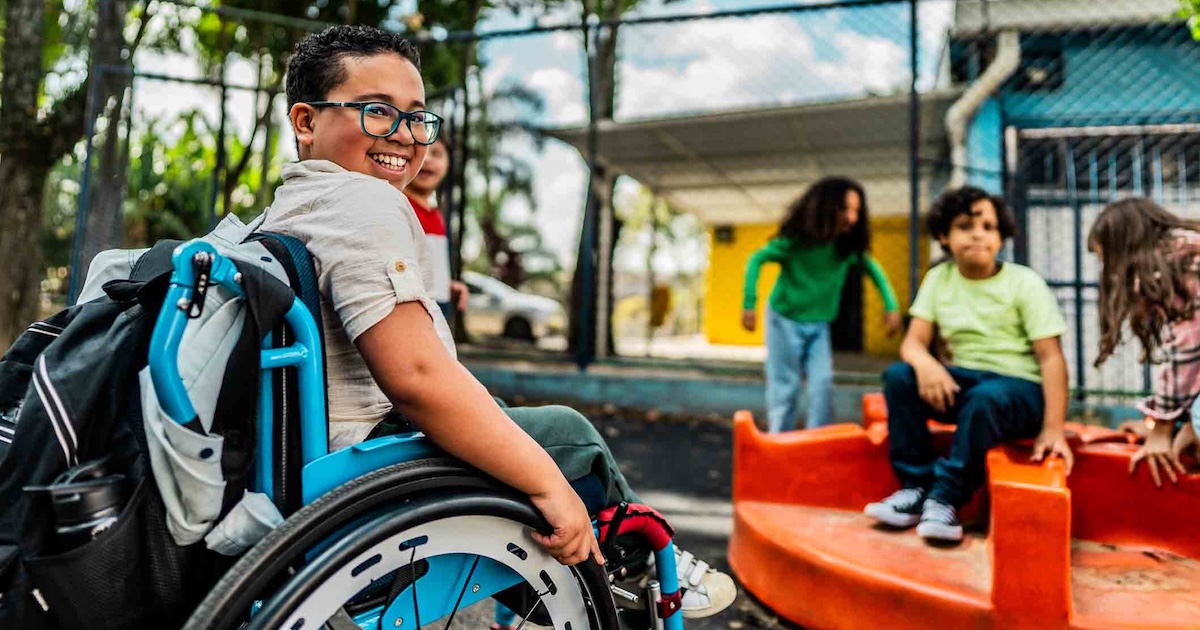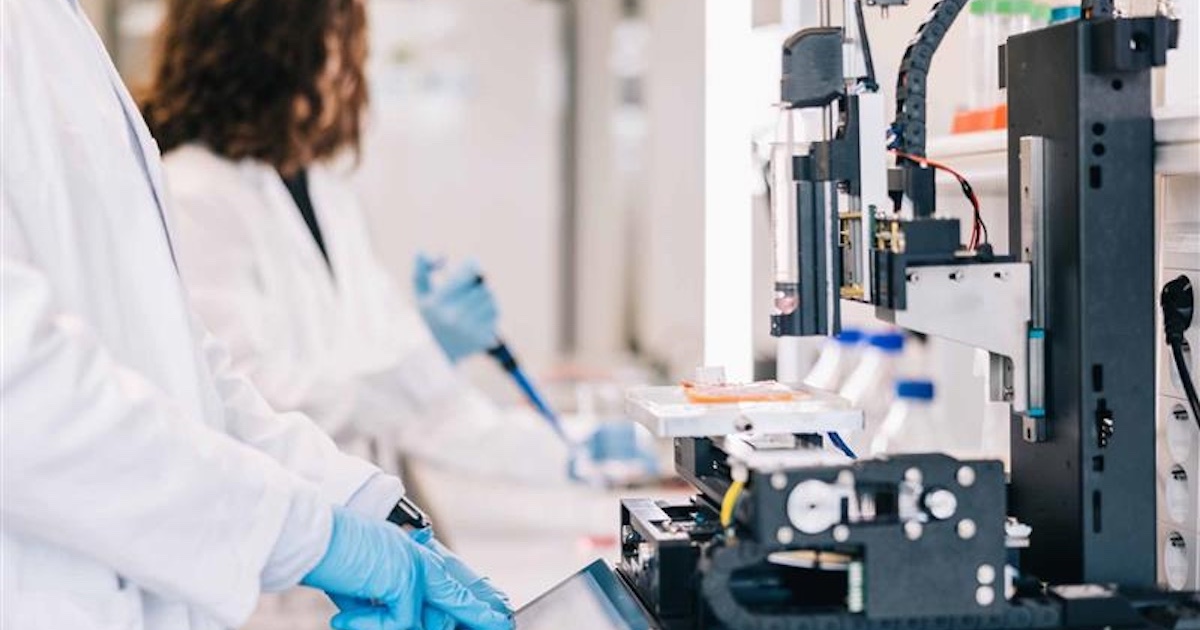
Photo: Halfpoint Images/GettyImages
At the 61st annual European Association for the Study of Diabetes Conference (EASD) this week in Vienna, Austria, glucose monitoring company Dexcom introduced its new offering, the Dexcom Smart Basal, an integrated titration module aimed at making basal insulin initiation and management easier for users.
According to Johns Hopkins, basal insulins are intermediate and long-acting insulins that are prescribed for patients with type 1, type 2 or gestational diabetes.
Dexcom also presented several abstracts at the conference, touting the benefits of glucose biosensing.
One abstract presented data on glycemic control and pregnancy outcomes with real-time CGM in gestational diabetes from a randomized controlled trial.
Another abstract took a look at the effects of pre-meal and post-meal exercise on postprandial glucose fluctuations in pregnant women with type 1 diabetes.
In contrast, another abstract examined real-time CGM compared with hourly point-of-care testing in diabetic ketoacidosis.
The cost-effectiveness of real-time continuous glucose monitoring for people with type 2 diabetes on insulin therapy in Japan was the topic of another abstract.
"With one of our most exciting new features, Dexcom Smart Basal, now under FDA and CE mark review, we are aiming to deliver a simpler and easier basal titration process that helps patients and providers alike," Jake Leach, president and chief operating officer of Dexcom, said in a statement.
THE LARGER TREND
In August, FriskaAi announced an agreement with Dexcom to integrate data from Dexcom's G7 and G6 continuous glucose monitoring systems into the FriskaAi platform.
FriskaAi's platform leverages AI and mobile technology to provide patients with individualized health insights and suggestions, giving them the ability to take control of their health in conjunction with clinicians.
The FriskaAi mobile app integrates with Dexcom CGMs and other smart devices, as well as health apps, for analysis by FriskaAi's platform. The data, along with other clinical data and studies, is continuously observed by AI-powered algorithms that warn the patient when action is advised.
In July, the FDA recalled Dexcom G6, G7, ONE and ONE+ glucose monitoring receivers because a problem with the speaker may have caused it to fail to make an alert sound when blood sugar is dangerously low or high.
The federal agency said there were at least 56 reported injuries but no reports of death.
In May, Dexcom expanded its partnership with Oura to provide Stelo users and ring wearers with metabolic health features, including meal insights and glucose data.
Stelo provides individuals 18 years and older who do not require insulin with round-the-clock glucose readings and delivers personalized insights into glucose health, offering users actionable information to make informed decisions.
The patch aids in detecting normal (euglycemic) and low or high (dysglycemic) glucose levels.
Through the partnership, users of Dexcom's Stelo, which received FDA clearance in March 2024, have access to Meal and Glucose.
In April, Dexcom received FDA clearance for its G7 15 Day continuous glucose monitoring system for people 18 and older with type 1, type 2 and gestational diabetes.
G7 15 Day, which was scheduled to launch in the second half of this year, has a 15.5-day wear time (including a 12-hour grace period) and lasts 15% longer than Dexcom G7, according to the company.
The system sends real-time glucose information to the Dexcom G7 app or receiver every five minutes via a sensor without the need for fingersticks or scanning.
In March, Nanowear announced a licensing and data partnership with Dexcom to integrate glucose data from the Dexcom G7 into its SimpleSense nanotechnology-enabled wearable.
Nanowear ingests glucose data from Dexcom G7's continuous glucose monitoring system alongside Nanowear's cardiovascular biomarkers, which the company says will allow clinical researchers to obtain real-world and real-time cardiometabolic diagnostic assessments.


